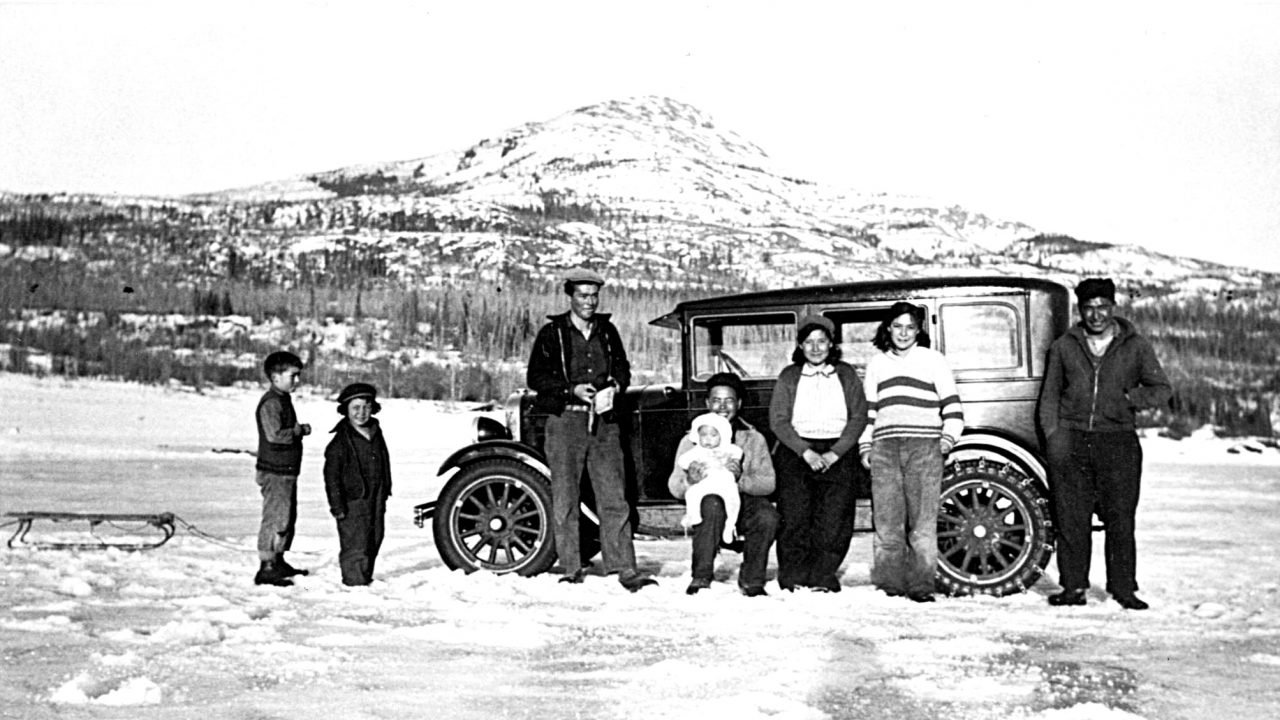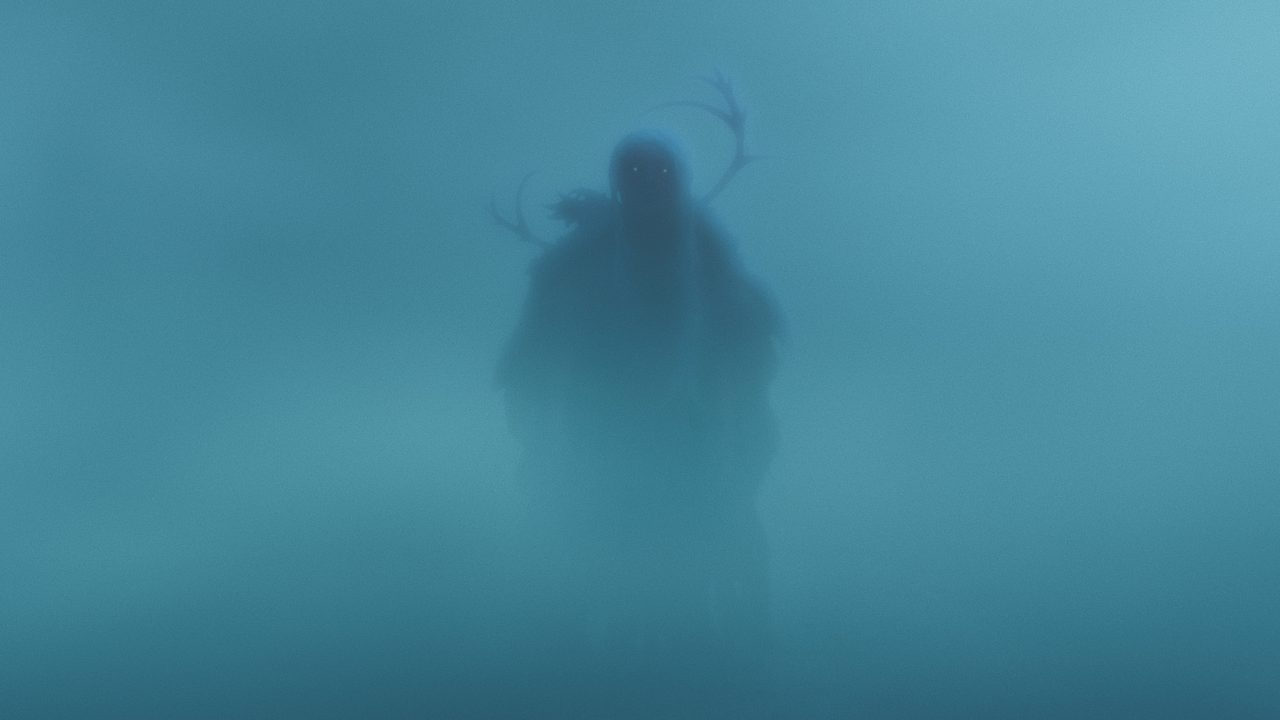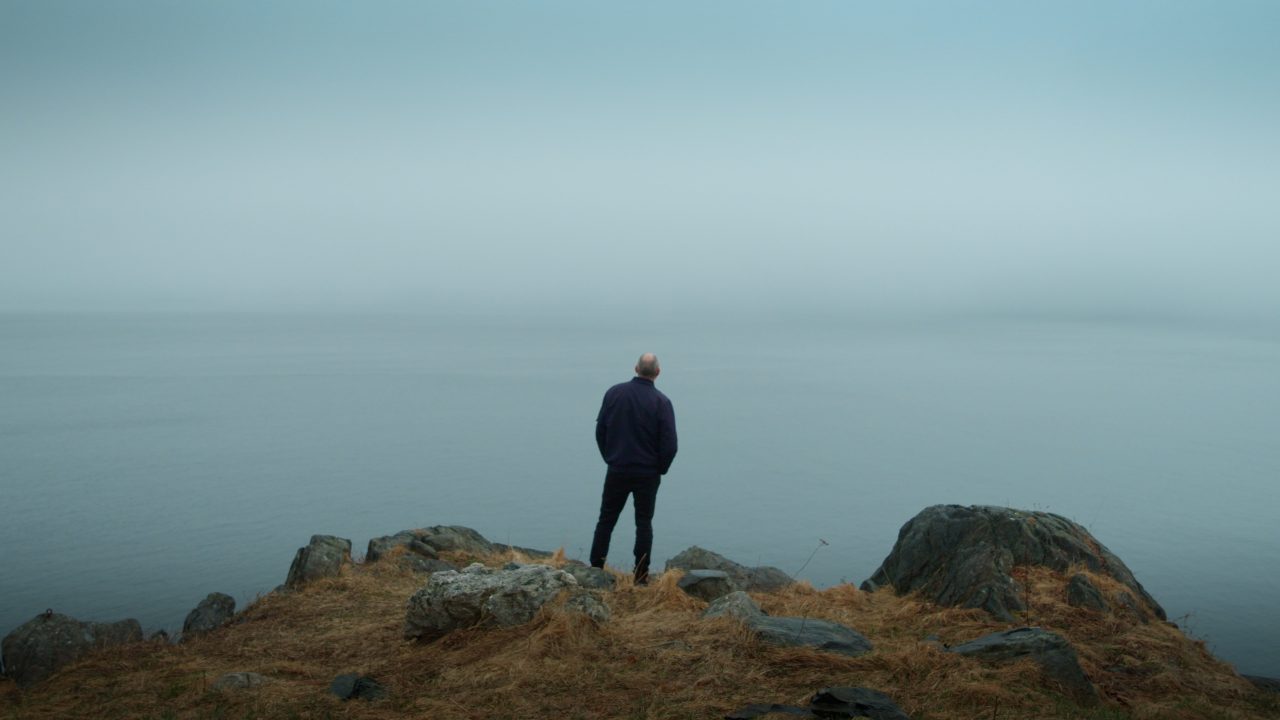
A Quiet Girl Takes On the Difficult Work of Exhuming Family Secrets
A Quiet Girl Takes On the Difficult Work of Exhuming Family Secrets
Uncovering family secrets is lonely work, especially if, like me, you happen to be the secret.
I met my father’s side of the family when I was 16. Some members didn’t know I existed until shortly before my first visit in 1993. They’d heard things, but they waited for my father to disclose me on his own time. When he finally did, I had nothing but questions about half of my family history.
The problem was, Dad had a hard time talking about his family. My grandfather, Dad’s father, had been a staunch alcoholic for much of his existence, and Dad was still sorting through his feelings about that. So I turned to my grandmother, my father’s mother, for answers. She patiently told me who each of my pictured relatives was in every photo I saw. I even discovered something she hadn’t told any of her family, despite photographic evidence: she’d been in love with a tall, pale-skinned Irish man before she met and married my short, tanned Italian grandfather.
When I finally asked her about my grandfather, she went to a drawer and pulled out two poems: one written by my aunt and the other by him; both dealing with his alcoholism and eventual sobriety. She believed my grandfather’s poem was an apology of sorts for his drinking and the damage it caused.
I immediately transcribed the poems and sent them to Dad. He called me in tears. Apparently, my grandmother hadn’t divulged these to anyone at all until I showed interest. In a way, being the family secret made me so curious about my family that it inadvertently turned me into our storyteller, historian and archivist.
A Quiet Girl, Adrian Wills, provided by the National Film Board of Canada
So when I went into Adrian Wills’ documentary A Quiet Girl, I was overcome with a sense of déjà vu, not necessarily because our stories are similar (the circumstances are very different), but because of the work that goes into his investigation, the surprises that are revealed and the relics he collects along the way.
In A Quiet Girl, Wills travels from Montreal to Newfoundland in search of the story of his biological mother, who gave him up for adoption when he was a baby, in 1972. He first finds out that he was part of an unfortunate statistic. It’s estimated that in Canada, about 300,000 babies were surrendered for adoption between the 1940s and the 1970s, often because the young mothers were unwed, which was taboo in certain religious communities.
He shockingly finds the daughter of the woman who fostered him between his birth and his final adoption. She shows him a box full of hospital bracelets with the identities of the many children her mother fostered during that period, a discovery that’s beautifully captured in a shot that shows the bracelets being scattered from above, with the camera behaving like the surface they land on.
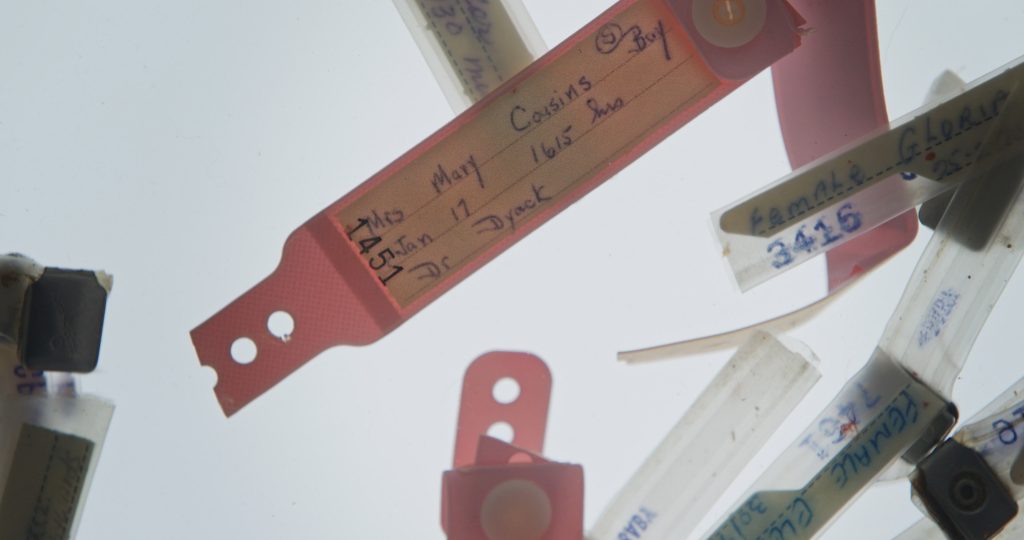
But Wills’ interview with his foster mother’s daughter is significant for another reason. She initially hadn’t consented to being interviewed on camera; she’d only agreed to let him film the bracelets. But when he showed up, she decided to be recorded. “I’m doing it for you; not for the film,” she told Wills.
This happens another time in A Quiet Girl, when Wills meets his aunt, his biological mother’s sister, who at first agrees to have her audio recorded but doesn’t want to be filmed. Near the documentary’s conclusion when Wills interviews her again, she appears on-screen.
The work of uncovering family secrets is uncomfortable. The people who share information with you are stepping into unknown and potentially invasive territory. I had the benefit of asking my grandmother questions in private, with no camera rolling. But how did Wills make people more at ease with sharing their stories on camera?
For him, it boils down to two things: transparency and generosity.
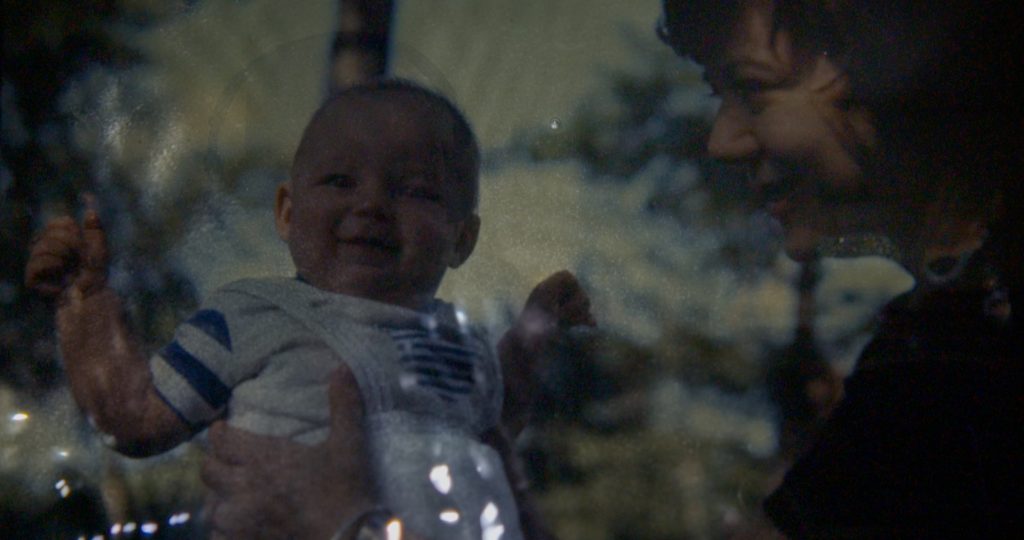
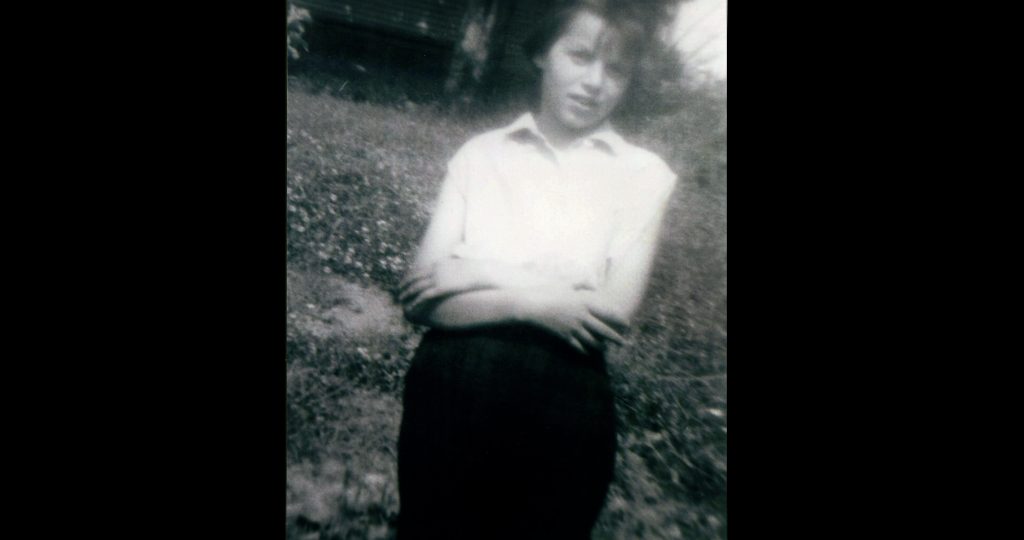
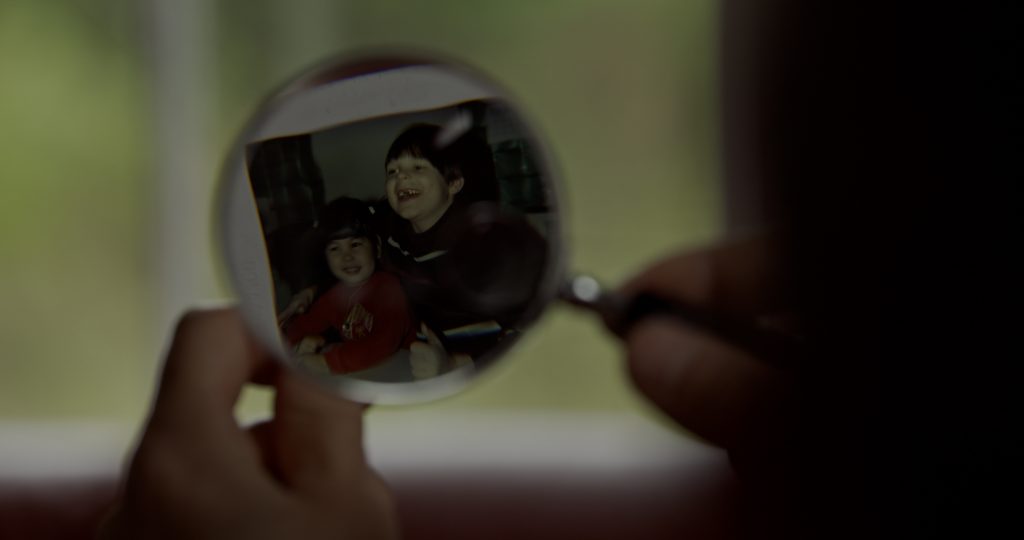
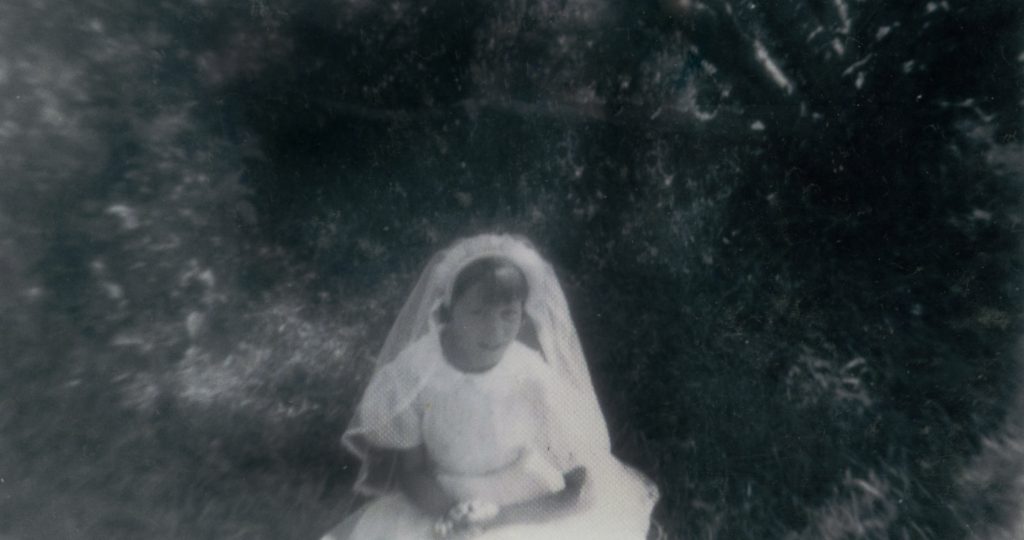
Transparency is happening on several levels. There’s transparency in the way that Wills chose not to manufacture the story’s unfolding, which is why you seldom hear any voiceover.
“The fact of a voiceover is that it’s written after something’s occurred, and I wanted us to be in the moment continuously,” Wills told me.
And you really are in the moment, to the point of discovering things about Wills’ family at the same time he does. And as this was happening, Wills kept his informants up to date on emerging details of his investigation. So he was transparent with them and, subsequently, with his viewers.
Then there’s generosity, which is where you’ll find the film’s centre. There’s the generosity of those who share their stories with Wills, but he also repays them in kind.
Generosity is why A Quiet Girl doesn’t ever come across as exploitative and scandalous. In fact, Wills was particularly preoccupied with ethics throughout filming.
“People are giving up their time, their secrets, their personal stories, and those stories mean a lot,” he said. “Those are all things that people need to reflect upon—as both filmmakers and in the way that we make films with other people—so that we understand what we’re actually taking from others.”

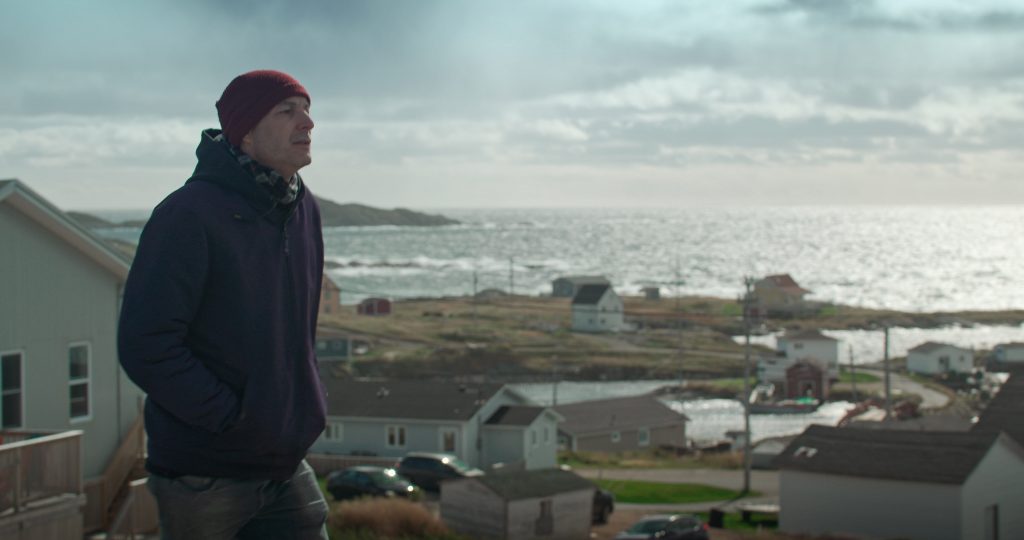
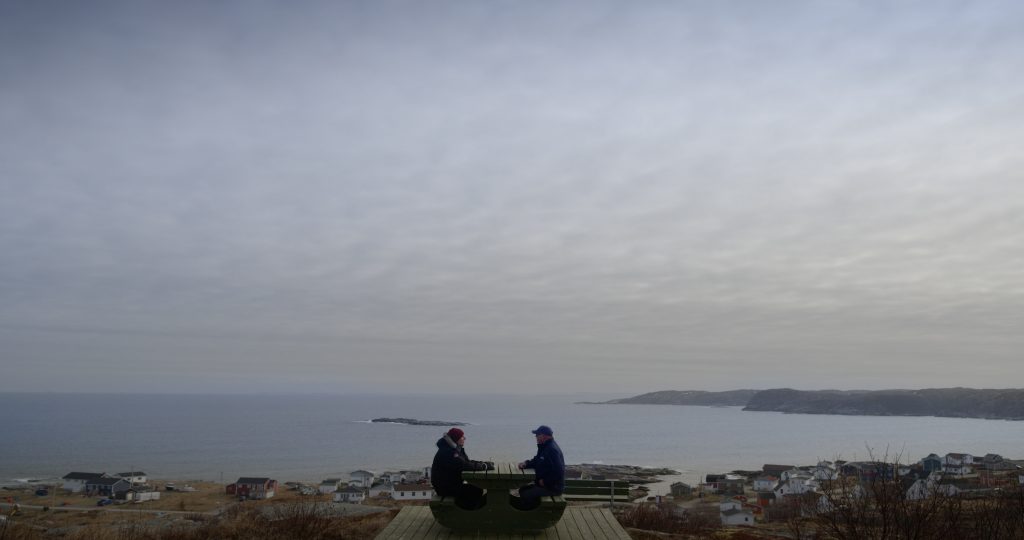
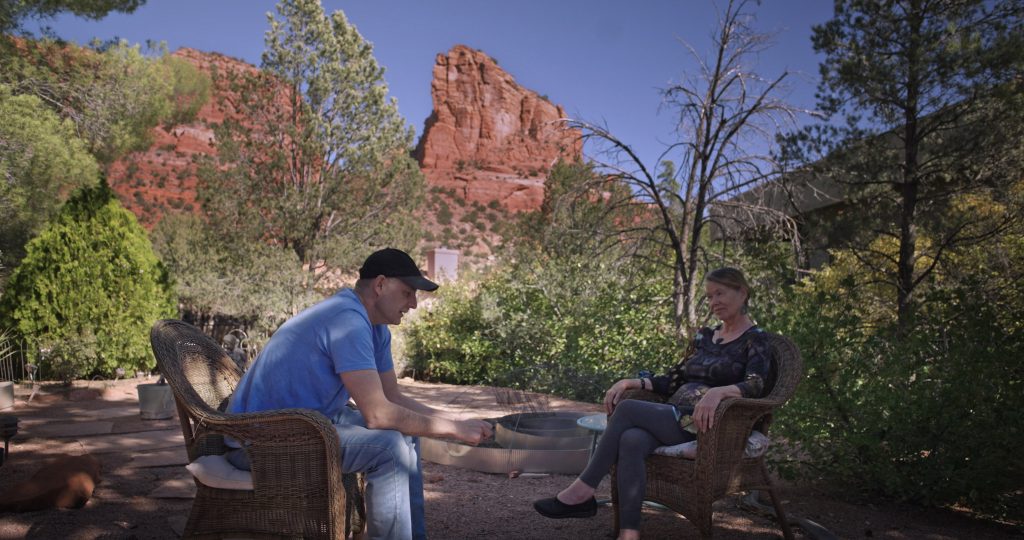
Wills doesn’t just tap his newly discovered family for information; he’s also building relationships with them. This was crucial for Wills, who wanted to maintain communications with his family after filming. But since they knew so much about what he was finding out along the way, by the time his family saw the finished documentary, the only surprise was how it looked.
And the film looks fantastic. I was particularly rapt by the sweeping imagery of the small waterfront Newfoundland towns, with their unruly waves crashing against rocky shores. For Wills, those images aptly summarize his journey in making A Quiet Girl.
“There’s the feeling of water, of tumultuousness and of constant undulation, and this kind of sense that nothing is actually fixed and everything has its own life,” he said, adding, “There’s a Chinese adage that says, you can never step in the same river twice; and it makes me think of the power of not being able to control it or fix it, both in terms of fixing as in repairing, but also fixing as in making solid and immovable life. You can’t do either of those.”
Kind of like family.
